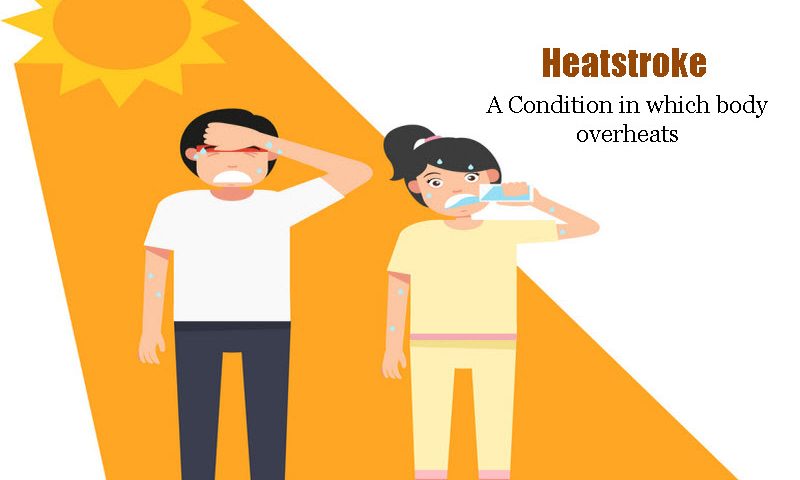Complications of Heatstroke
Heatstroke can result in a number of complications, depending on how long the body temperature is high. Severe complications include:
- Vital organ damage: Without a quick response to lower body temperature, heatstroke can cause your brain or other vital organs to swell, possibly resulting in permanent damage.
- Death: Without prompt and adequate treatment, heatstroke can be fatal.
Tests and Diagnosis for Heatstroke
It’s usually apparent to doctors if you have heatstroke, but laboratory tests can confirm their diagnosis, rule out other causes for your symptoms and assess organ damage. These tests include:
- A blood test to check blood sodium or potassium and the content of gases in your blood to see if there’s been damage to your central nervous system
- A urine test to check the color of your urine, because it’s usually darker if you have a heat-related condition, and to check your kidney function, which can be affected by heatstroke
- Muscle function tests to check for serious damage to your muscle tissue (rhabdomyolysis)
- X-rays and other imaging tests to check for damage to your internal organs
Treatment and Drugs for Heatstroke
Heatstroke treatment centers on cooling your body to a normal temperature to prevent or reduce damage to your brain and vital organs. To do this, your doctor may take these steps:
- Immerse you in cold water: A bath of cold or ice water can quickly lower your temperature.
- Use evaporation cooling techniques: Some doctors prefer to use evaporation instead of immersion to lower your body temperature. In this technique, cool water is misted on your skin while warm air fanned over your body causes the water to evaporate, cooling the skin.
- Pack you with ice and cooling blankets: Another method is to wrap you in a special cooling blanket and apply ice packs to your groin, neck, back and armpits to lower your temperature.
- Give you medications to stop your shivering: If treatments to lower your body temperature make you shiver, your doctor may give you a muscle relaxant, such as a benzodiazepine. Shivering increases your body temperature, making treatment less effective.



